"I've been in the cannabis industry for almost 20 years. 10 years ago, I started doing a lot of consulting. That's when I noticed one of the biggest problems in the cannabis industry: viruses and viroids plaguing genetics that breeders and growers have spent lots of time and money on," says Jason Begley, Chief Science Officer at Zennetix. Not long after, Jason learned about tissue culture. "I realized that tissue culture is the only way to remediate viruses and viroids. So, I decided that tissue culture was what I wanted to focus my time and energy on. I want to help remediate viruses and do something good for the industry." Yet the journey towards helping growers with tissue culture took a bit longer than expected. "I thought that we would have a bunch of great plants to sell within a year. Yet there are so many things to take into consideration when it comes to tissue culture, it's a very delicate process."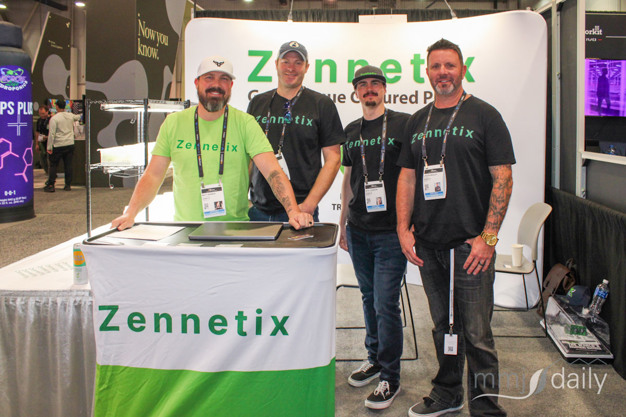
Matt Renner, Jeff Malayter, Nick Johnson, and Jason Begley of Zennetix at this year's MJBizCon
Benefits
So, what exactly are the benefits of using tissue culture? "First of all, because the plants are grown in vitro and always stay in a sterile environment, we can offer a plant that is certified virus and viroid-free," Jason explains. "Also, as long as they stay in tissue culture, we can ensure that that particular product is true to type. This is important for breeders who have bred specific genetics and have a certain genotype, they want the cannabinoids to stay consistent," Jason says. In fact, inconsistency is a common issue. "If you continue to clone off of mother plants, after a while, you will experience genetic drift: the product will change over time. Yet if we keep it in tissue culture and cold storage, the genetic drift doesn't happen," Jason says. "Let's say a breeder breeds something amazing today. We put it in cold storage, and if we keep that genetic cleaned up, it will be identical even 100 years from now. If it wasn't in tissue culture and cold storage, the genetic would drift and change over time."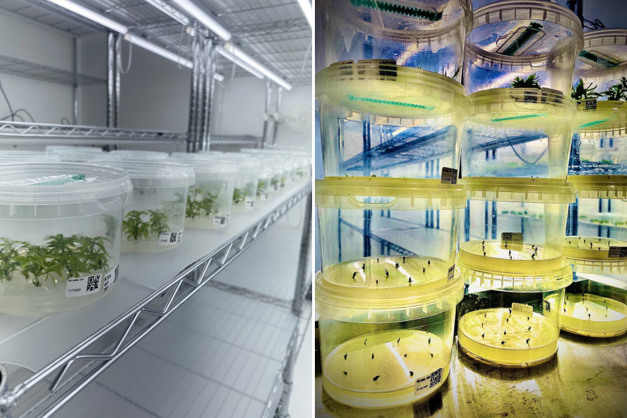
Unfortunately, there are some challenges when it comes to tissue culture. Time is a major one. "It's an extremely time-consuming process. If a breeder were to send me plants to clean up, it generally takes about a year before I can offer that client good, clean plant material. It's very challenging to remediate the viruses and viroids," Jason says.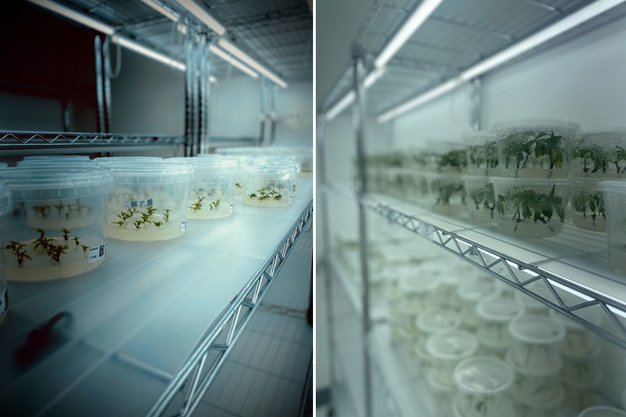
A new method
Tissue culture is very new in the cannabis industry. "I wanted to jump into it because it's extremely new. Many people are taking tissue culture and turning it into mother plants. That would be considered a Gen 1 tissue culture. A Gen 0 tissue culture is a plant that has lived its whole life in tissue culture. At Zennetix, we believe Gen 0 tissue culture is superior to clones taken from a mother plant. With Gen 0, you can leverage the power of genetic purity, have a guaranteed disease-free foundation, and it results in enhanced vigor and growth," Jason explains.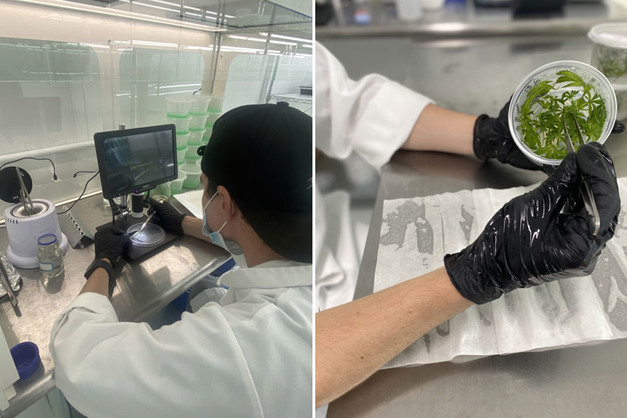
While still new, growers have become more and more educated on the benefits of tissue culture over the years. "In recent years, cannabis growers have learned that viruses and viroids are the worst things you can have. We've all heard the stories of Hop Latent Viroid and Tobacco Mosaic Virus plaguing the industry. There have been horror stories of growers losing their entire production to HLVd," Jason says. "Growers definitely know now that the only way to survive is by ensuring that their plants are virus and viroid-free from the start. Tissue culture is the only way to have a certified disease-free start to your production."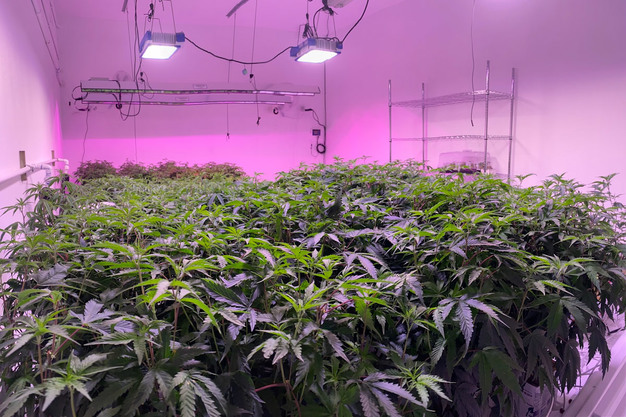
At the moment, Zennetix supplies to growers in the U.S. But the goal is to take things internationally. "We would love to help cannabis growers worldwide by supplying certified virus/viroid-free plants and to hold a library of genetics from some of the top breeders in the U.S. that we can then offer throughout the world. By paying royalties to the breeders whose plants we sell, they get the credit they deserve."
For more information:
Zennetix
www.zennetix.com
